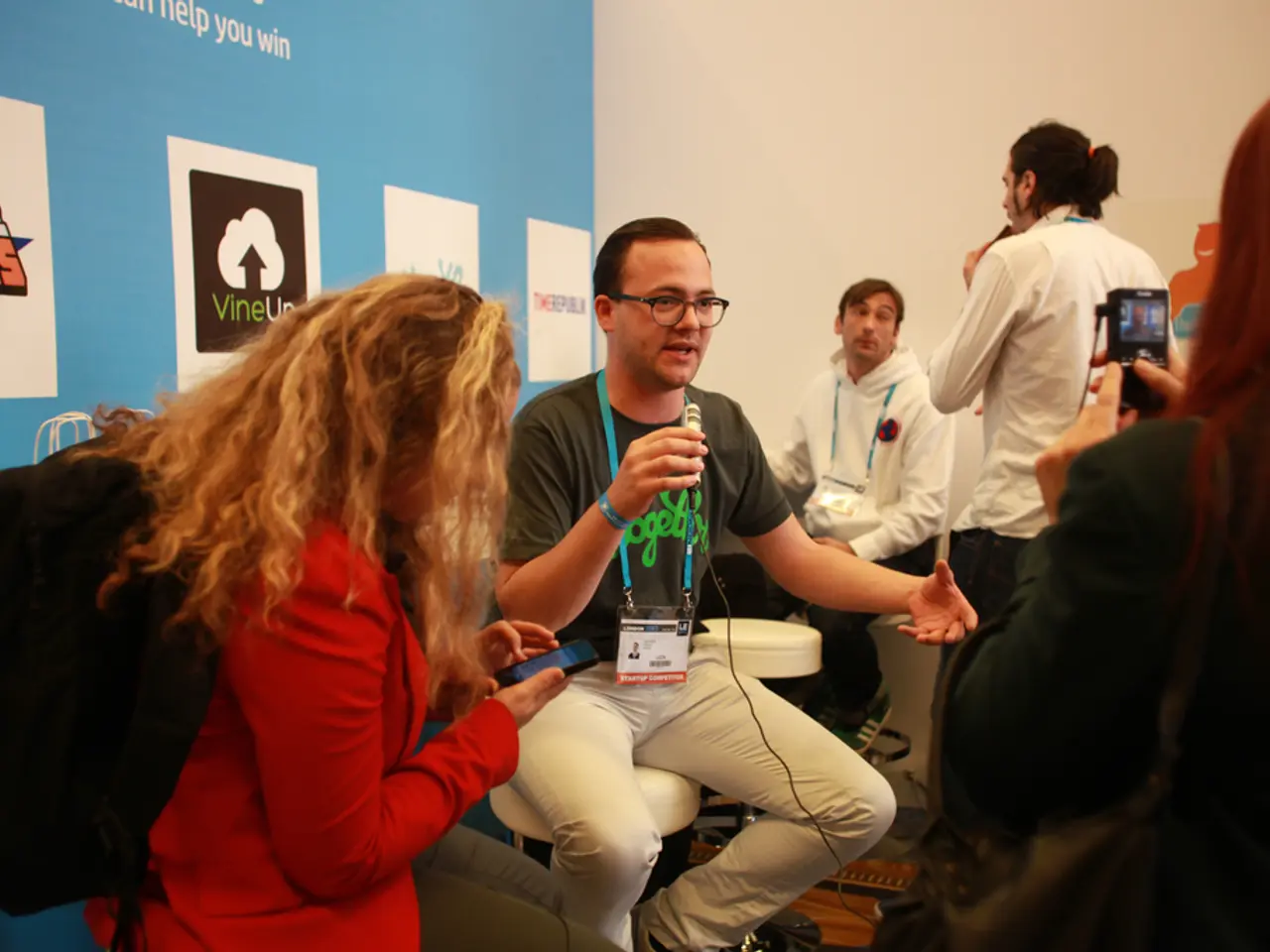Job Assessments Indicating a Successful Interview Experience
It's not always easy to tell if a job interview has gone well, but there are several key indicators that can help you gauge your performance and confidence as a strong candidate. Here are some signs that suggest you've effectively communicated your value and made a favorable impression:
- Positive Body Language: The interviewer displays positive body language such as nodding, smiling, maintaining eye contact, and engaged posture while you speak. This shows that they are actively listening and engaged in the conversation.
- Longer Interview Duration: The interview lasts longer than expected or feels like a natural, flowing conversation rather than a rigid Q&A. This indicates that the interviewer is interested in getting to know you better and is willing to invest more time in the discussion.
- Introduction to Team Members: You are introduced to other team members or given a tour, indicating that the interviewer is considering how you would fit into the team. This is a good sign that they are thinking about your potential role within the company.
- Detailed Role Information: The interviewer provides detailed information about the role, responsibilities, and advancement opportunities, showing that they are seriously considering you for the position.
- Thorough Question Answers: Your questions are answered fully and thoughtfully, demonstrating mutual interest and engagement. This suggests that the interviewer values your input and is willing to invest time in addressing your concerns.
- Deviation from Scripted Questions: The interviewer deviates from scripted questions, suggesting that they are genuinely curious about your fit and qualifications. This shows that they are interested in getting to know you as a person and are not just going through the motions.
- Improving Mood: The mood of the interview improves or the interviewer becomes more engaged and pleasant as the conversation progresses, signaling a positive impression.
- Clear and Confident Communication: Your communication is clear, confident, structured, and focused without rambling or vague answers. This demonstrates that you are a strong communicator and are able to articulate your thoughts effectively.
- Preparedness: You demonstrate that you have prepared well by knowing about the company’s mission, values, and the role specifics. This shows that you have taken the time to research the company and the position, and are serious about the opportunity.
- Impressed Resume: The interviewer seems impressed with your resume, indicating that you likely exceeded their expectations. This is a good sign that you have the qualifications and experience they are looking for.
After the interview, there are several steps you can take to continue to make a positive impression:
- Send a Well-Written Email: After the interview, send a well-written email expressing gratitude and reiterating your enthusiasm for the position within 24 hours.
- Handwritten Note: A handwritten thank-you note can be sent in addition to the email to demonstrate a significant effort and personal touch.
- Keep Detailed Notes: Keep detailed notes about the interview, the company, and the people you met for future reference in the interview process or for a future follow-up conversation.
- Stay Optimistic and Proactive: Stay optimistic yet proactive during the waiting period, continuing your job search until a final decision is made.
- Follow-Up Email: If more than one week has passed with no response, send a formal follow-up email to inquire about the next steps in the process.
- Address Concerns: If you notice bad signs during the interview, try re-engaging the hiring manager with common ground or a conversation related to the role/industry, framing your skills positively by explaining how you address a specific challenge that the company is currently facing.
- Respond Quickly: If the interviewer responds quickly to your follow-up email, it shows eagerness to stay connected.
- Active Addressing of Concerns: If the interviewer actively addresses your concerns about the role, demonstrating a commitment to making you feel comfortable with the opportunity.
Overall, these signs collectively suggest you've effectively communicated your value and made a favorable impression, increasing your chances of receiving a job offer. However, body language should be interpreted cautiously because individual differences and context can affect it.
- During the interview, the presence of body language such as nodding, smiling, and maintained eye contact from the interviewer indicates that they are actively listening and engaged, showcasing my culture-fit within the company.
- Should I find that the interviewer devotes extra time to discuss my education-and-self-development, career, and personal growth, it demonstrates their interest in understanding my expertise and my plans for career-development.
- If the interviewer provides details about the role's environment and its impact on the organization, it reflects their serious consideration of the environmental responsibility I would bring to the job, further highlighting my suitability for the position.
- In the aftermath of the interview, when I receive news about the company's mission, values, and role specifics in a follow-up email, it emphasizes my preparedness for the interview as well as my interest in the opportunity associated with learning and growth.
- As part of my ongoing efforts to build a strong personal-growth strategy, I could consider attending learning workshops, seminars, or networking events that increase my expertise in multiple areas of interest, making me a more competitive candidate for future interviews.




